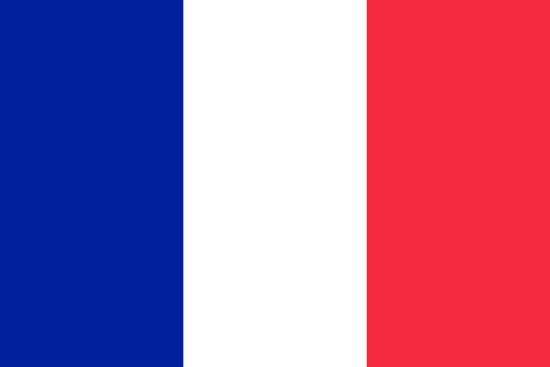"La boucle est bouclée | The loop is closed"
About:
Besançon, a city in eastern France, traces its origins to a Celtic tribe, the Sequani, in 58 BC. It flourished under Roman rule, becoming a major military and economic hub. Besançon was part of the Holy Roman Empire in the Middle Ages, before being annexed by Louis XIV in 1674. It was heavily fortified by Vauban, enhancing its strategic importance. During the 19th and 20th centuries, the city developed as an industrial center. Today, it's known for its rich history, architecture, and the University of Franche-Comté.
When to visit:
Besançon, a charming city in eastern France, offers a delightful experience for travelers throughout the year. However, the best time to visit Besançon is during the spring and summer months, from April to August. During this time, the weather is pleasant, with warm temperatures and longer daylight hours, ideal for exploring the city's historical sites and natural beauty. Be sure to check the local events calendar for festivals and events that may enhance your visit to Besançon during this time of the year.
When to avoid:
The worst time to travel to Besançon, France on a holiday would be during the peak summer months of July and August. These months experience high tourist traffic, leading to crowded attractions, longer queues, and higher prices for accommodations. The hot and humid weather during this time may also make sightseeing and outdoor activities less enjoyable. To avoid the crowds and make the most of your visit, consider planning your trip during the shoulder seasons of spring or fall when the weather is milder and the city is less crowded.
Winter (December - February)
Winter (December - February)
Spring (March - May)
Spring (March - May)
Language:
In Besançon, French is the primary language spoken by the majority of the population, given that it's located in the Bourgogne-Franche-Comté region of eastern France. However, due to international students and immigrants, languages such as English, Arabic, Spanish, and Portuguese may also be heard.




